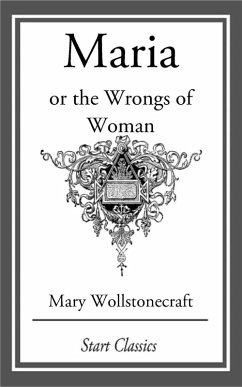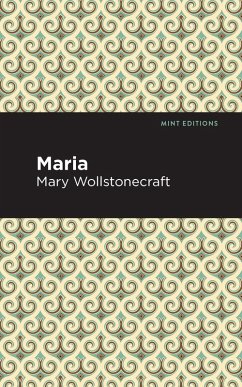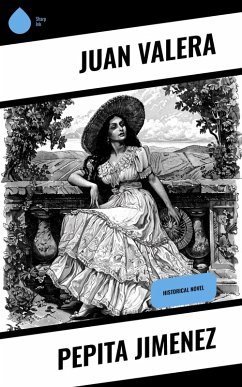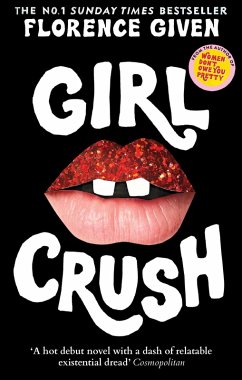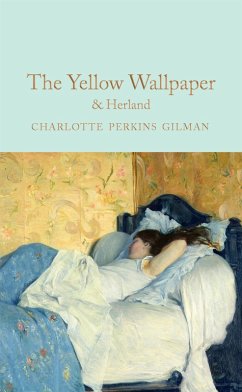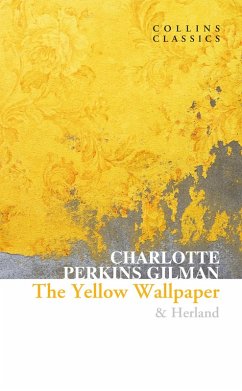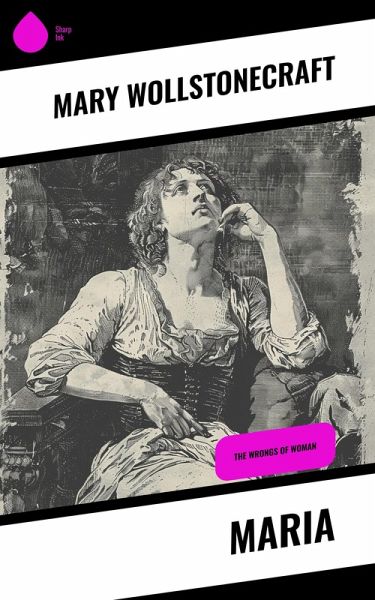
Maria (eBook, ePUB)
The Wrongs of Woman

PAYBACK Punkte
0 °P sammeln!
In 'Maria: or, The Wrongs of Woman,' Mary Wollstonecraft crafts a poignant narrative that addresses the plight of women in the 18th-century society through the lens of her titular character, Maria. The novel is structured as an epistolary work, intertwining personal letters and philosophical discourse to explore themes of gender inequality, social injustice, and the quest for autonomy. Wollstonecraft employs a distinct literary style marked by emotional intensity and profound moral reflection, offering a bold critique of the socio-political constraints imposed on women during her time, as well...
In 'Maria: or, The Wrongs of Woman,' Mary Wollstonecraft crafts a poignant narrative that addresses the plight of women in the 18th-century society through the lens of her titular character, Maria. The novel is structured as an epistolary work, intertwining personal letters and philosophical discourse to explore themes of gender inequality, social injustice, and the quest for autonomy. Wollstonecraft employs a distinct literary style marked by emotional intensity and profound moral reflection, offering a bold critique of the socio-political constraints imposed on women during her time, as well as a vision of their empowerment and liberation. Mary Wollstonecraft, an early advocate for women's rights, drew from her own experiences of societal oppression and personal struggles to inform her writing. Her background as a governess and her involvement with radical thinkers of the Enlightenment heavily influenced her feminist philosophy. 'Maria' is not only a narrative of suffering and loss but also a testament to Wollstonecraft's unwavering commitment to advocating for women's education and independence, encapsulating the revolutionary spirit of her age. For readers interested in early feminist literature and the history of women's rights, 'Maria' is an essential read that melds gripping storytelling with critical social commentary. Its relevance resonates deeply in contemporary discussions of gender, making it a profound and thought-provoking exploration of the conditions faced by women, both in Wollstonecraft's time and the present day.
Dieser Download kann aus rechtlichen Gründen nur mit Rechnungsadresse in A, B, BG, CY, CZ, D, DK, EW, E, FIN, F, GR, HR, H, IRL, I, LT, L, LR, M, NL, PL, P, R, S, SLO, SK ausgeliefert werden.




